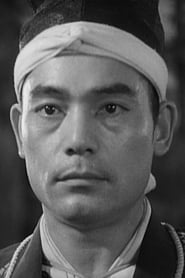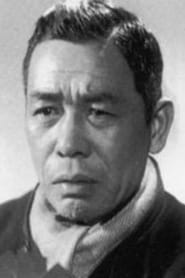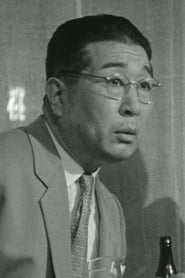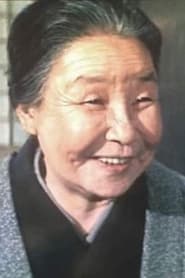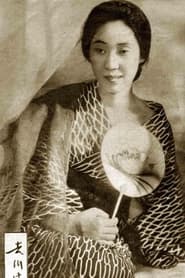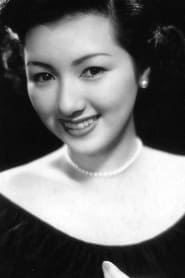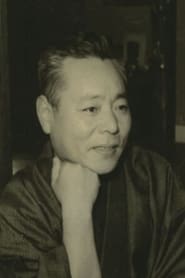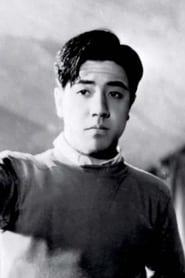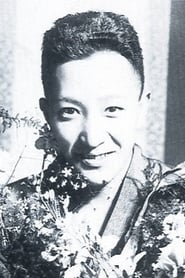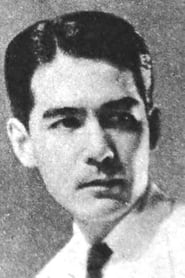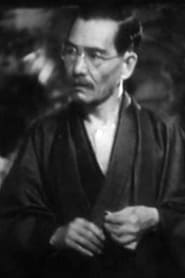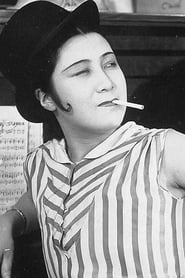The best Den Obinata’s movies
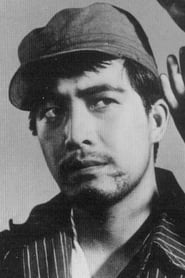
Today we present the best Den Obinata’s movies. If you are a great movie fan, you will surely know most of them, but we hope to discover a movie that you have not yet seen … and that you love! Let’s go there with the best Den Obinata’s movies.
Passing Fancy
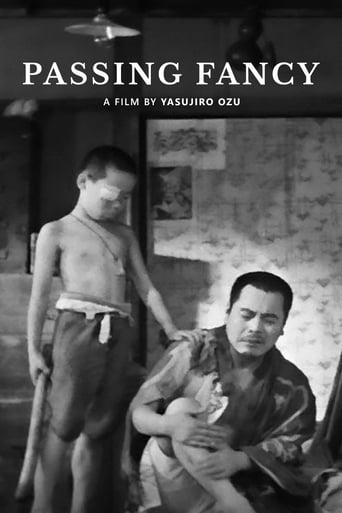
7.2/10
Two Tokyo co-workers come across a destitute young lady in search of a place to live.

Sky of Hope
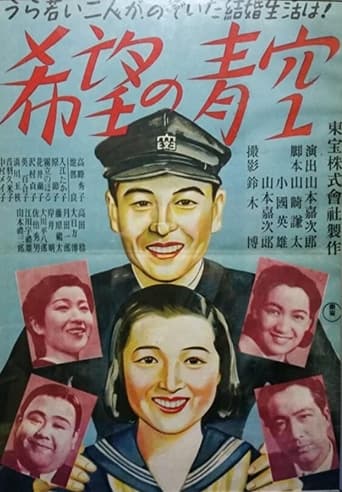
6.8/10
What is marriage? Young couple in match-making wanted to know before they decide. They visited married couples of sisters and brothers. Love comedy in 1942.
A Mother Should Be Loved
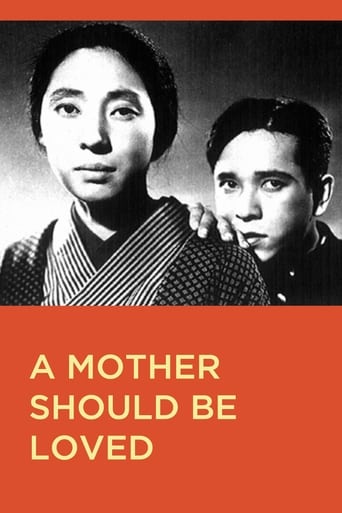
6.5/10
The film tells of the strained relationship between a mother and her two sons after the death of the family patriarch.
Our Neighbor, Miss Yae
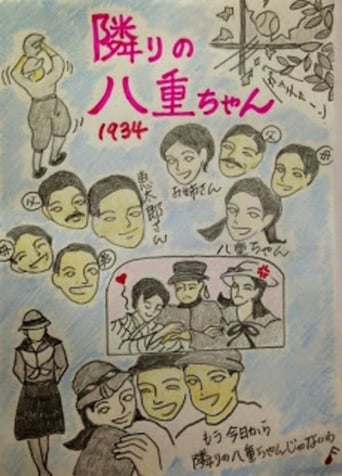
7/10
Keitaro is a law student and Yaeko s a high school girl. They are neighbors, and their friendship is starting to develop into something more romantic. Then, Yaeko's sister Kyouko has a breakup with her husband and returns home. Kyouko is clearly interested in Keitaro and Yae becomes anxious.

The Dancing Girl of Izu
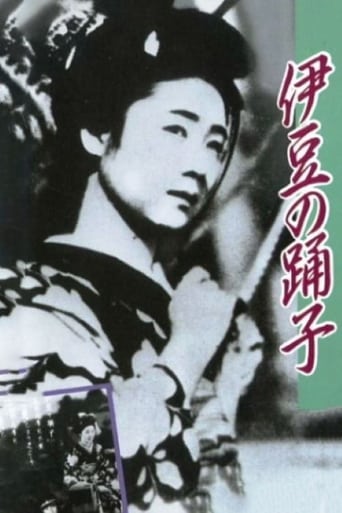
6.8/10
"The Dancing Girl of Izu" tells of the story between a young male student who is touring the Izu Peninsula and a family of traveling dancers he meets there, including their youngest girl. The student finds the naïve girl attractive even though he eventually has to part with the family after spending memorable time together.
Young People
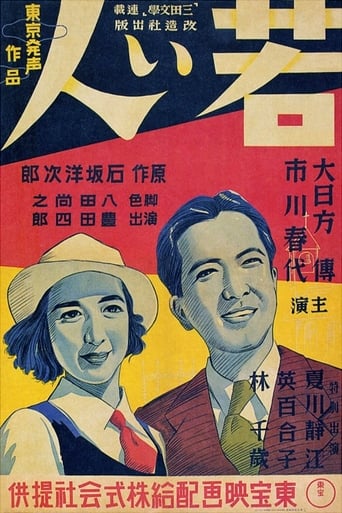
5.9/10
Based on an original story by Yojiro Ishizaka, this well-made drama is set in a Christian school in a beautiful northern harbor town. Teacher Masaki (Obinata) speaks up for Keiko, one of the girls at the school, every time she causes problems because he feels sorry for her, a child born out of wedlock. Sumi (Natsukawa), one of Masaki’s colleagues and who is secretly in love with him, strongly disagrees with him about Keiko. Then Sumi hears a rumor that Keiko is pregnant with Masaki's child . . . .
The Rainbow Man
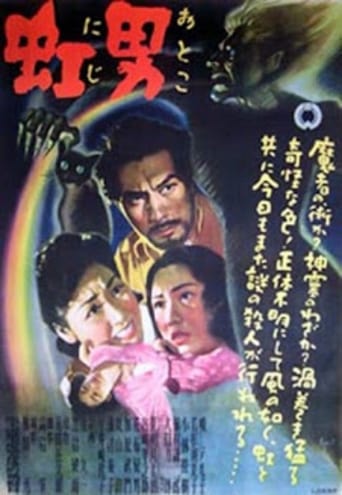
5.7/10
When a young woman is named as the prime suspect in a murder, her girlfriend and her girlfriend's boyfriend set out to prove her innocence. Their investigation leads them to an isolated, creepy house in the middle of nowhere, where sinister goings-on abound.
Bouquet of the South Seas
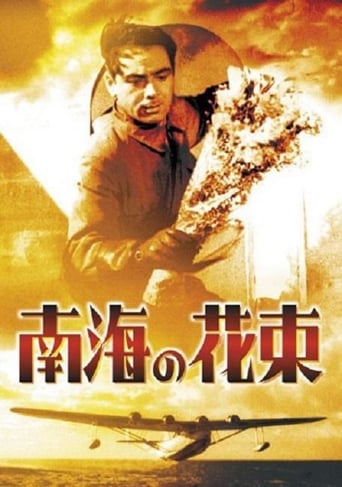
The Burning Sky
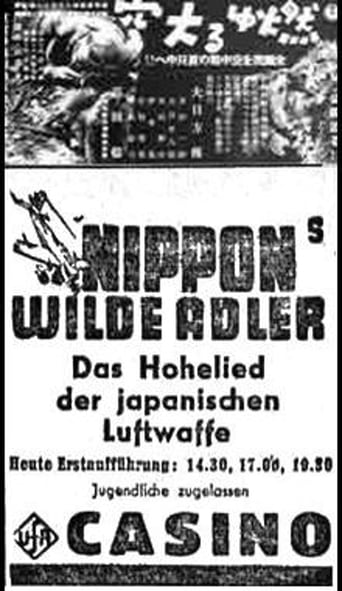
6/10
The film was produced during Second Sino-Japanese War, before the Pearl Harbor Attack in 1941. The film mainly concerns the training of newly-recruited pilots and their daily life, then their subsequent fighting experiences in China. Army supported the production, providing all the authentic airplanes, training and actual actions. They even provided the older biplanes disguised as Chinese fighter planes. Obinata plays the trainer-turned-combat-leader, who is passionate and cool at the same time. All his boys love him, of course. The film is not as intense, full of sugar-coated camaraderie, until young pilots are killed in action one by one. Last twenty minutes are fairly grim, as the message of self-sacrifice is heard loud and clear.
365 Nights
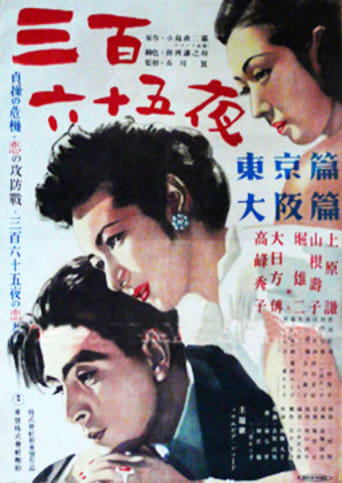
6.1/10
Japanese drama film.
The Whole Family Works
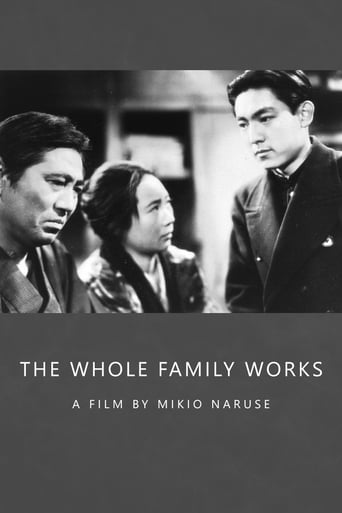
6.5/10
The Whole Family Works, Mikio Naruse's adaptation of a Sunao Tokunaga novel, feels more of a piece with the writer/director's quietly observant and psychologically charged later work. For the Naruse-familiar, it is an anomaly only in its placement within his filmography—indeed, this could be a film made by the elder, stasis-minded Naruse momentarily inhabiting, through a metaphysical twist of fate, his stylistically exuberant younger self. Set in depression-era Japan around the time of the Sino-Japanese War (which the director evokes, during a brief dream sequence, by dissolving between children's war games and actual adult warfare), The Whole Family Works gently observes a family coming apart at the seams. Ishimura (Musei Tokugawa) is the jobless father of nine children.

A Woman Crying in Spring
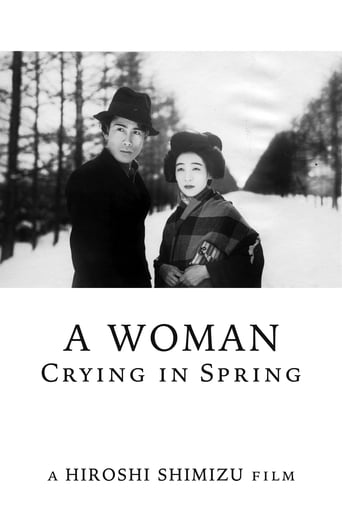
6.9/10
Described by David Bordwell as 'probably the greatest revelation' of the retrospective of Shochiku’s early sound films at Bologna last year, Shimizu's first talkie is an intense melodrama about the love between an itinerant woman and a miner. Though Shimizu is known for his heartwarming films about children, this bleaker film illustrates what Wong Ain-Ling calls the director’s 'affinity [with] fallen souls,' his interest in vagrants and fallen women. Shimizu apparently hated Japan's northernmost island of Hokkaido, where the film was partly shot on location, but used its snowy landscapes beautifully, creating telling contrasts between them and the interiors, where he experimented with the use of shadow. He also made full use of the potential of sound film by incorporating songs into the drama. Yasujiro Ozu is on record as saying that he felt challenged by Shimizu's achievement to make a sound film of his own—the work which was to become The Only Son.
Lumberjack and Lady
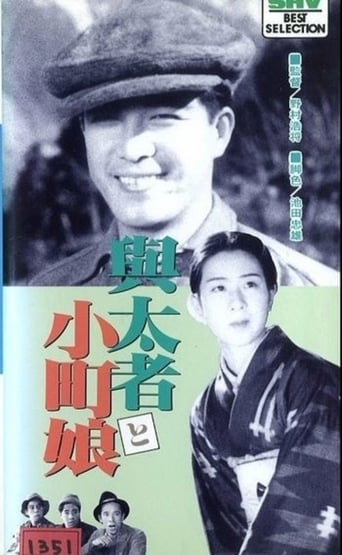
5.1/10
A Japanese comedy from the end of the silent era (it has music) from a popular series. A feud, a practical joke and romance are the set up for some great comedy and drama from a team of distinctive appearance who are exploiting their silent cinema styles to the full.
The Age of Beginnings
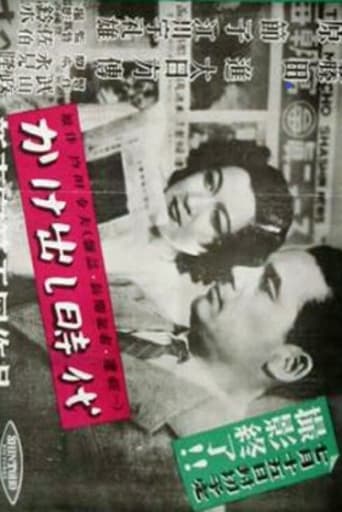
A newly hired daily newspaper writer covering the society beat receives an assignment to cover Tokyo at night by walking and observing it. He gets into the right frame of mind by dressing the part as a vagrant with not a penny to his name. He gets into trouble ending up at the police station slammer overnight. He has no material to write about and, with his assignment unfulfilled, faces a cross editor.
